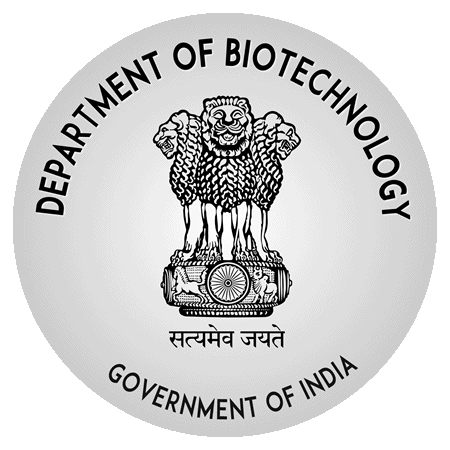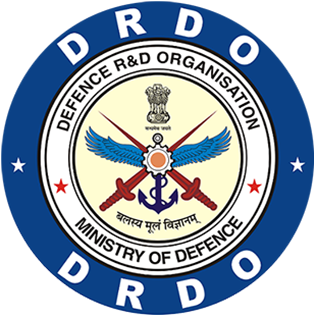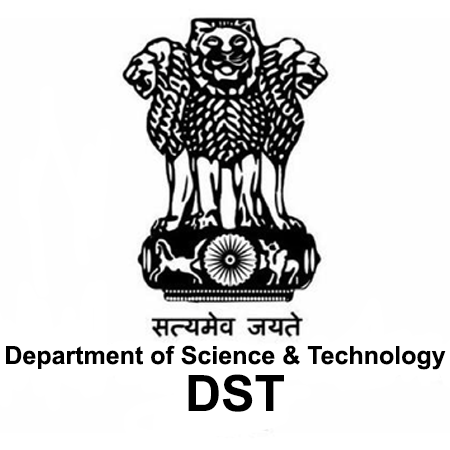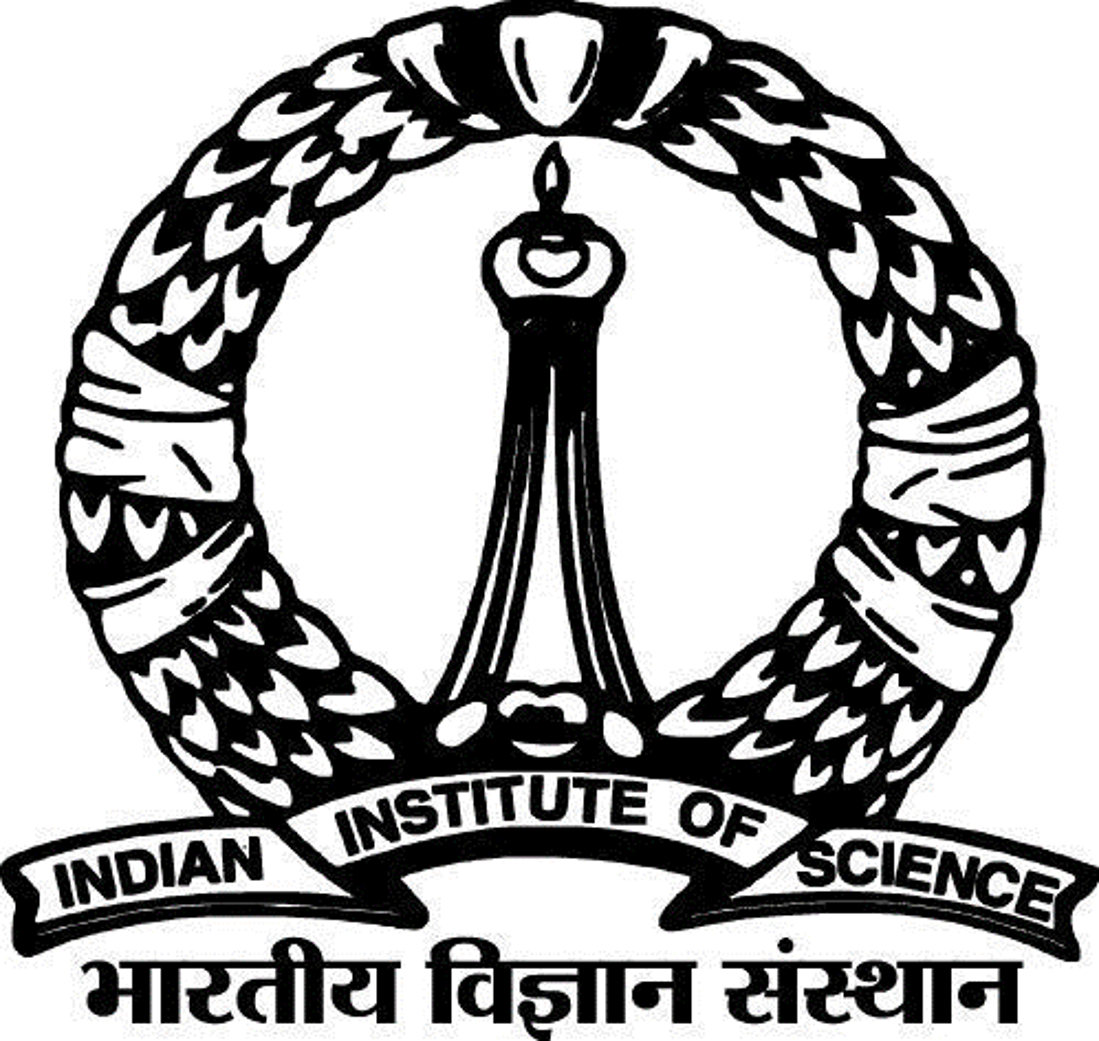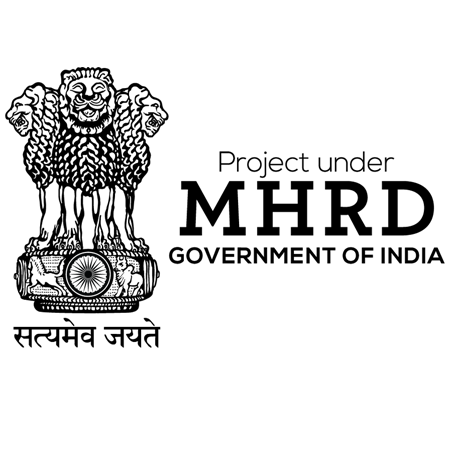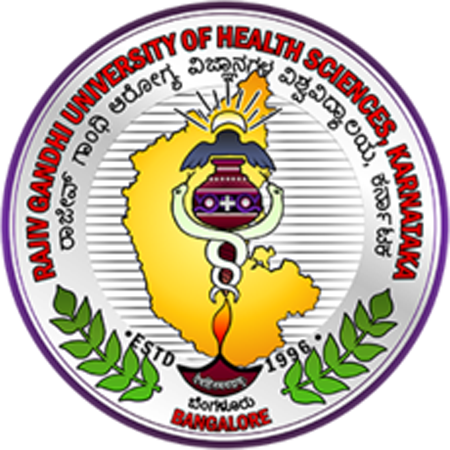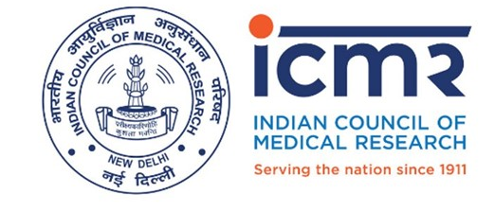Professor Hardik J. Pandya
Prof. Hardik J. Pandya is an Associate Professor in the Department of Electronic Systems Engineering, Division of EECS, and Associate Faculty in the Department of Design and Manufacturing, Division of Mechanical Sciences, Indian Institute of Science, Bangalore. Dr. Pandya heads three laboratories in ESE focused on developing a new class of biomedical devices and technologies. Before joining IISc, he worked as a postdoctoral scientist in the Department of Mechanical Engineering, Maryland Robotics Center, University of Maryland, College Park (2012- 2016) and in the Department of Medicine, Brigham and Women's Hospital–Harvard Medical School (2016- 2017). He obtained his Ph.D. in microengineering systems from the Indian Institute of Technology Delhi (2013). His lab comprises thirty-five scholars (eleven Ph.D., twelve M.Tech., and twelve project assistants). In the last eight years, he graduated eight Ph.D. scholars and eighteen M.Tech. Scholars, in addition to guiding three postdoctoral fellows and several research staff. Alumni from his lab have pursued roles in academia and prominent industries, joining esteemed institutions and companies like A*STAR, IMEC, IIITDM Kancheepuram, Intel, NVIDIA, MAXLINEAR, Texas Instruments, Samsung, IIT Gandhinagar, and Delft University. His current research focuses on minimally invasive and non-invasive technologies with an emphasis on but not limited to cancer diagnosis (brain, breast, head, and neck), e-nose (diabetes, breast cancer screening), cardiovascular pathology, nephrology and Neuroprotective Therapies for Acute Stroke, Parkinson's and Epilepsy. He received the prestigious Early Career Research Award from the Science and Engineering Research Board, Government of India 2017. Dr. Pandya received the prestigious ISSS Award 2020 under the Young Scientist Award category for the work done in India in micro and smart systems. He was also awarded the DST Abdul Kalam Technology Innovation National Fellowship 2023. His work has resulted in eight granted patents, twenty-one Indian patent applications, five international patent applications, three book chapters, and around eighty-three publications in peer-reviewed journals and conferences, including journals like Nature Microsystems and Nanoengineering, IEEE TBioCAS, IEEE Sensors, Journal of Biophotonics, Journal of Biomedical Optics, and IEEE TBME. His work has been highlighted as “Breaking Research News" by The Physicians Committee for Responsible Medicine. The work on a portable cancer diagnosis tool was also featured in Science Translational Medicine as an Editorial Choice, Breast Cancer Diagnosis, March 2016, and has been highlighted on the CapeRay blog as “Biochips and Diagnostic tools" in April 2016. Dr. Pandya is a non-executive Director (Technical advisor) to two Indian MedTech companies. He has recently founded Scilogic Applied Research Private Limited, a company focused on translating biomedical devices and technologies to market.
Courses Offered:
E3 276: Process Technology and System Engineering for Advanced Microsensors and Devices (2:1)
Semester: January-April
Program: Electronic Systems Engineering (M.Tech), Microelectronics (M.Tech), Ph.D. and M.Tech Research
UE 203: Introduction to Sensor Technologies for Biomedical Applications (2:1)
Semester: January-April
Program: Bachelor of Science (Research)
Research Areas






ABOUT BEESLAB
We seek to understand and exploit novel ways of fabricating microengineering devices. Our aim is to integrate biology/medicine with microtechnology, nanotechnology and additive manufacturing to develop innovative tools to solve unmet clinical problems. Our current research focuses on flexible sensors, microsensors, microfluidic devices, and microelectromechanical systems, all lately with an emphasis on Cancer diagnosis, E-Nose, Cardiovascular pathology, Neuroprotective therapies for Stroke, Parkinson's and Epilepsy. These efforts are multidisciplinary and combine expertise from different fields of technical study.
Our Funding Agencies
